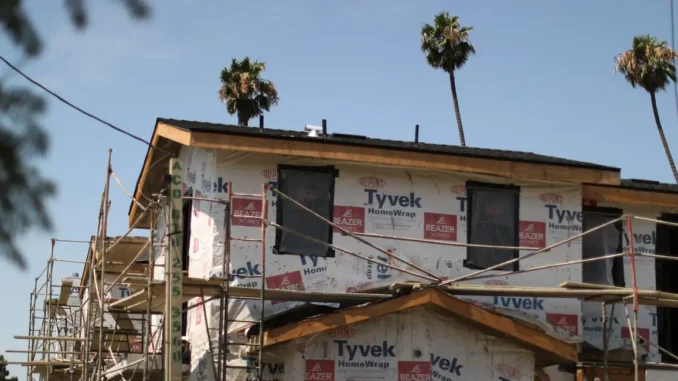
Apartment building sales in the first quarter of 2023 posted the steepest drop since the Great Financial Crisis, signaling that a corner of the commercial real estate market is feeling the strain of tighter lending standards by banks and interest rates rising from historic lows.
Apartment building sales volume plunged to $14 billion over the last quarter, the Wall Street Journal reported on Tuesday, citing data from the commercial real estate analytics firm CoStar Group. That represents a decline of 74% from the first quarter of last year, and a 88% decline from the last quarter of 2021, when apartment building sales peaked at $116 billion.
Apart from the pandemic – which froze markets in 2020 – the previous quarter marks the largest fall in apartment sales since the first quarter of 2009, when building sales plummeted 77% in the depths of the mortgage crisis.
Market observers have been warning commercial real estate could be the next shoe to drop after the fall of Silicon Valley Bank. That’s because many small and medium-sized banks have large exposure to commercial real estate via loans on their balance sheets. In a tighter credit environment, these banks may be less willing to lend on commercial property, and those borrowers that can refinance will be doing so at much higher rates.
Banks with less than $250 billion in assets hold 80% of the commercial real estate debt outstanding, according to Goldman Sachs.
Demand for apartment buildings in general has also faltered, as rent prices begin to fall or flatline in key areas.
The residential real estate sector is also undergoing big changes as rates rise and pandemic-era dynamics shift. Central bankers have hiked interest rates over 1,700% in the last year to fight inflation, which helped raise the cost of borrowing.
Market commentators warned last year that housing prices could crash as demand falls off amid higher rates. But though home sales and prices are likely to continue their decline through 2023, a rebound could be in store next year, some industry watchers say, as limited housing supply could keep prices elevated or fuel a rebound.
Source: markets.businessinsider.com



